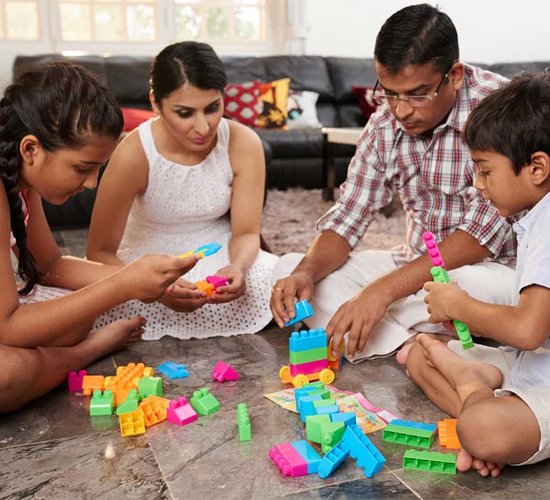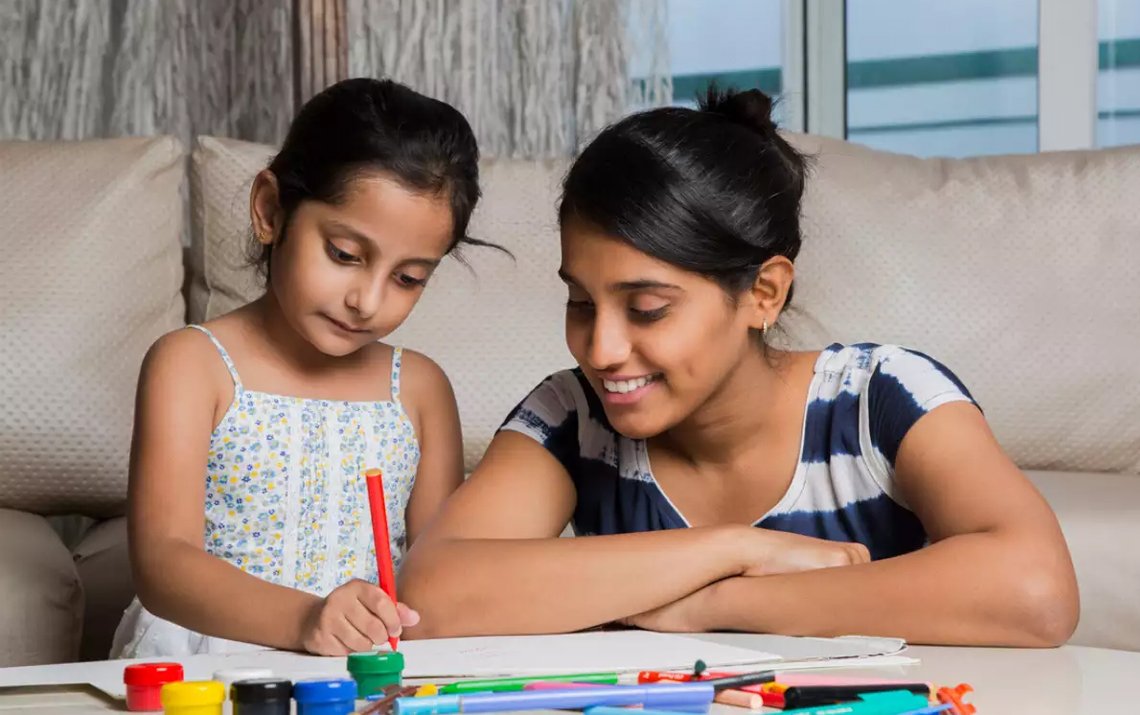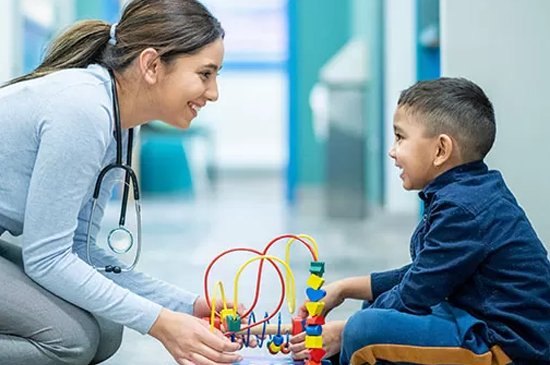Welcome To Our Clinic !
Special education is designed to meet the unique needs of students who face various challenges in learning. These students may have disabilities that affect their ability to learn in a typical classroom setting. Special education provides them with tailored instruction, support, and services to help them succeed academically, socially, and emotionally.
Students who need special education include those with various types of disabilities. These disabilities can be physical, intellectual, emotional, or developmental. For instance, children with physical disabilities might have difficulties with mobility, hearing, or vision. They may require special equipment, such as wheelchairs, hearing aids, or Braille materials, to participate fully in classroom activities.
Intellectual disabilities affect a child's ability to learn at the same rate as their peers. These students may need more time to understand new concepts and might benefit from simplified instructions and hands-on learning experiences. They often require individualized education plans (IEPs) that outline specific goals and the steps needed to achieve them.

Emotional and behavioral disabilities can make it hard for students to control their emotions and behavior. These students might struggle with anxiety, depression, or other mental health issues. They may need counseling, behavior modification programs, and a supportive classroom environment to help them manage their emotions and behavior effectively.
Developmental disabilities, such as autism spectrum disorder, can affect a child's communication, social skills, and behavior. These students may require specialized teaching strategies, social skills training, and speech therapy to help them interact with others and succeed in school.
Additionally, students with learning disabilities, such as dyslexia or attention deficit hyperactivity disorder (ADHD), often need special education. These conditions can make reading, writing, and focusing difficult. Special education teachers use various techniques and tools, like audiobooks, graphic organizers, and structured routines, to help these students learn effectively.


Overall, special education aims to provide an inclusive and supportive learning environment for all students, regardless of their abilities or challenges. By addressing each student's unique needs, special education helps them reach their full potential and prepares them for a successful future.